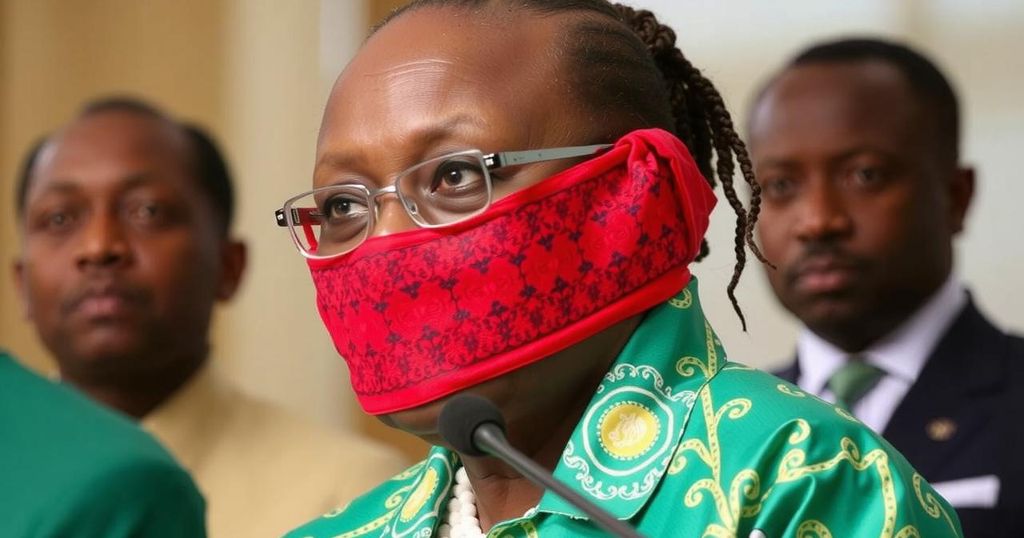Togo Postpones Senatorial Elections Amid Political Controversy
Togo has postponed its first senatorial elections to February 15, allowing political parties more time for organization. Campaigning begins on January 30. The new Senate formation is part of a controversial constitutional change that has met with opposition boycotts and accusations of undemocratic maneuvering by President Gnassingbe.
Togo has postponed its inaugural senatorial elections, now scheduled for February 15, according to a presidential decree released on Friday. This two-week delay aims to give political parties additional time to organize and prepare for the elections, which will officially commence on January 30. The vote is a significant step towards actualizing a newly established constitution that has garnered criticism from opposition factions and civil society groups alike. Numerous parties had requested this postponement to ensure adequate candidate registration, although notable opposition groups, such as the National Alliance for Change (ANC), have signaled their intention to boycott the elections, deeming them a facet of a “constitutional coup d’état.” The Senate, established by a constitutional revision in 2002, has yet to convene and will comprise 61 members, with 41 elected by regional and municipal councilors, while the remainder will be appointed by the prime minister. The controversial new constitution transitions from direct presidential elections to a parliamentary system, prompting concerns that President Faure Gnassingbe is legislating to maintain his power indefinitely. Since taking office in 2005 following his father’s 38-year rule, President Gnassingbe has overseen a legislative majority, with his party, UNIR, securing 108 of the 113 parliamentary seats in the April 2024 elections.
The ongoing political situation in Togo is characterized by significant tension between the ruling government and opposition parties. The push for senatorial elections arises from the need to establish a functioning legislative body as outlined in the new constitution, which critics argue is designed to entrench President Faure Gnassingbe’s grip on power. The historical context includes a long-standing familial rule and the political transitions following constitutional amendments that have sparked widespread debate about democracy and governance in the nation. The new Senate, however, has yet to be operational, highlighting a gap between constitutional provisions and practical implementation.
In conclusion, Togo’s decision to delay the senatorial elections to February 15 reflects the government’s response to demands from various political groups for additional preparation time. Nonetheless, this development is shrouded in controversy as major opposition parties allege that the new electoral process is part of a broader strategy by President Gnassingbe to consolidate authority. As the political landscape evolves, the implications of these elections on Togo’s governance and democratic practices remain a critical area of observation.
Original Source: www.barrons.com




Post Comment